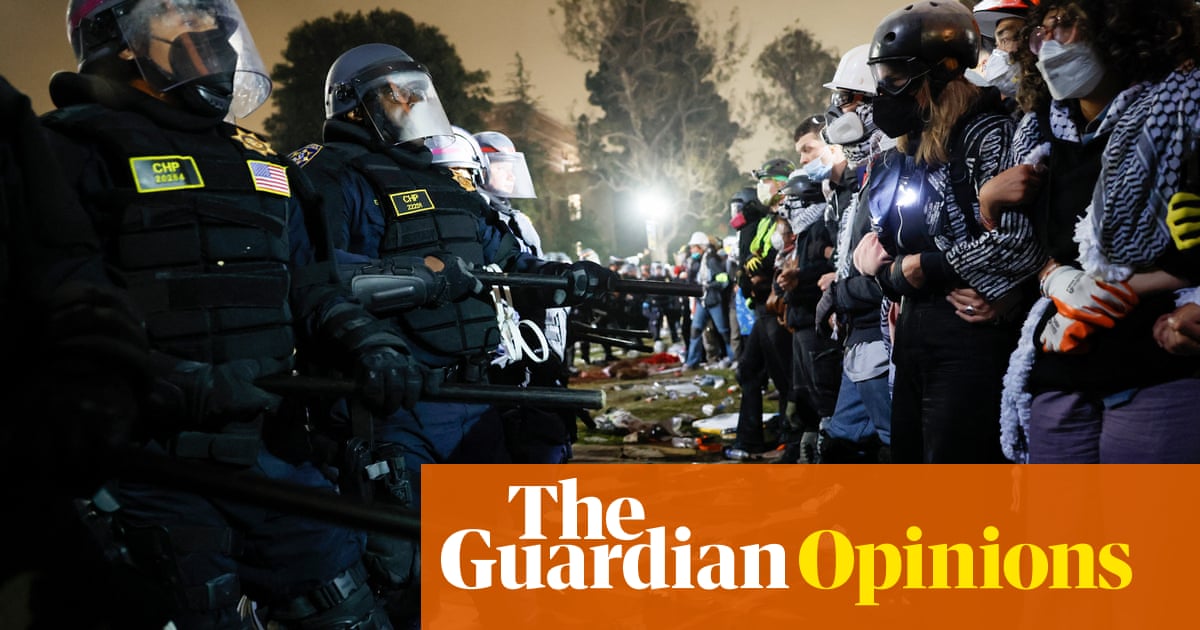I first got to know Sven, really, in 1979, the year that the club I coached in Sweden, Halmstad, won our second league championship. His Gothenburg team finished second behind us and, in truth, they were probably the better team. We won a crucial game against them due to an offside goal wrongly being given in our favour, and without that they would have won the trophy. It was typical of Sven that when we got to know each other well subsequently, he never once mentioned that fact.
He was always a very, very gracious man. For example, he acknowledged a couple of times over the years that he’d learned from the tactics I’d used in Sweden – the 4-4-2 system – even though it was also the system the great Liverpool teams employed, and he was always a keen follower of Liverpool. And of course a system is one thing – it is making it work that is the hardest part. As a manager, Sven was an enormous success with the clubs he managed across Europe, winning many trophies, because he knew what he wanted from the players and he knew, on the training pitch, how to convince really good players that his ideas would work.
The higher you go, the more important that becomes. I spoke to David Beckham at his funeral and to Wayne Rooney recently, and both of them were full of praise for Sven, for the way he treated them and got that team playing. Unfortunately, like so many England teams, they didn’t manage to go all the way and win a tournament, but he went a lot further than many of us did. We English tend to forget that other countries have got very good players and good managers as well.

People thought of him, even criticised him, for being calm, but it’s impossible to have the success that he had in football without having a deep passion and enormous powers of concentration. It’s a myth, I think, that players appreciate managers who are constantly screaming and shouting. I think they prefer someone in charge who is calm because he knows what he’s doing. We were very different characters of course, but there was definitely mutual respect between us from the beginning. When I knew Sven, I was more in tune with the Swedish personality, having lived for 12 years there. Still, if you saw where I grew up in south London and you compared it with where he grew up in Torsby in rural Sweden, it couldn’t be more different.
From that beginning in Sweden our careers ran a little in parallel; we both went on to manage bigger clubs in Europe and then became international managers, including of England. We got to know each other well and would meet in many of the houses he owned abroad or in restaurants. Memorably, we played a couple of tennis matches against each other – when he was in Portugal, he had a court at his house. The matches were not exactly Borg against McEnroe, but we were both young and extremely competitive so they were good contests.
I was working abroad for much of the time Sven managed England, so I didn’t see a lot of the tabloid coverage directed at him, but I would read something from time to time. Of all the people I’ve known in football, his ability to deal with all that was quite phenomenal. It must have hurt. It must have been very difficult at times. But he made certain that people couldn’t exacerbate the situation by showing how much he was affected by it. Not everyone has the intelligence or the character to do that.
After he announced that he had terminal cancer in January, we had a couple of conversations on the phone. It’s obviously very difficult to know what to say in those circumstances, but characteristically, he made it easy for me by talking football. The dignity and the composure he showed in those conversations was a measure of the mental strength he showed throughout his life. He had an ability to handle situations and behave in the right way that anyone would envy. Maintaining that when he was facing the end of his life, I can’t even begin to comprehend how that was possible.
Sven was a very good man in the broadest sense: good company, never dour; he enjoyed life – we would have a glass of wine and talk football, and about the characters we knew and there was always a love of it all. The funeral really was the most fitting tribute, totally in keeping with all that. His children conveyed how he wanted people not to feel too upset and to remember how good his life had been – how lucky he’d been with his life. In that respect, and as a football man, I’d put no one above him.

.png) 3 months ago
34
3 months ago
34













































